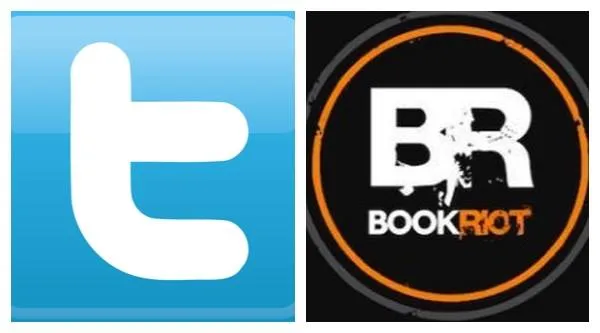
I Was a Competitive Reader
I wasn’t particularly great at anything in my elementary school years. I didn’t have a niche like other kids around me seemed to have. Some kids were amazing artists, some were great at sports, and others were apt in math. I was just there, an obedient and quiet student. It wasn’t until middle school that I started to notice something that set me apart from most of my classmates: I could read.
I’m making it sound as if my classmates literally could not read, which was not the case. But since we lived in a predominantly Mexican and Polish immigrant community, where most kids’ parents didn’t speak English, a lot of my classmates had poor literacy skills. I don’t really know why I took to reading so much more easily than some of my classmates, but it was something I was good at and I liked that I was finally good at something.
My knack for reading became apparent one day in the sixth grade as I was working on an SRA Reading Laboratory booklet. The SRA Reading Lab, if my memory serves me right, had booklets with a passage and questions to help with reading comprehension. The color-coded booklets came in a box, with each color representing a certain reading level. We were placed in a reading level at the beginning of the year and were expected to work our way through the entire SRA Lab. I remember starting somewhere in the middle of the levels along with a couple of other students. I had a pretty horrible sixth-grade teacher that had us “teach” ourselves with the SRA Lab, and so we would complete and grade our own work at our own pace. I wasn’t the smartest kid in class, but I managed to get my work done quicker than most of my classmates. Eventually, I wound up in the last level (I believe it was brown, like me) all by myself. I had worked my way through the SRA Lab while other students were still an entire level below me. This small feat felt incredible.
The feeling of being better at reading than most of my classmates followed me throughout middle school. It didn’t help that we were all required to read a certain number of books per semester. The total number was tallied and recorded on our report cards. A certain number of books got you a coupon for free pizza, but, even though pizza is my life, I wasn’t doing it for the free pizza—I wanted to crush everyone. I read all of the Goosebumps and The Baby-Sitters Club books we had in the classroom, as well as most of the American Girl books from my local library. The satisfaction I got from knowing I had read more books than everyone else was the same feeling I imagined other kids had when they won a soccer match or a prize at the science fair. Although no one really cared, when it came to reading, I was the competition to beat.
Of course, I enjoyed the books I read, but I loved the feeling of accomplishment more. I guess you could say it was an ego booster. And then in seventh grade, my teacher did something I was not anticipating: for each 100 pages of a book we read, she would count those pages as one book. My competitive side saw this as a challenge and as a way to raise the number of books on my report card. And so I asked my parents to take me to our local Borders , where I bought myself a copy of The Grapes of Wrath, the biggest book I could find that sounded the most interesting.
The read-a-longer-book tactic was a good one; I got my numbers up. The tactic also, incidentally, got me reading books that no one else in class had even heard of before. For example, I was a huge fan of The Doors at this age, and so I read a biography of Jim Morrison by Stephen Davis that I got at a record store. Other than Jim Morrison’s face on the cover, the length of the book got me excited. Mesmerized by the book, I started picking up some of the titles mentioned in the biography, books that Morrison had read when he was my age. This included books such as On the Road by Jack Kerouac and Giovanni’s Room by James Baldwin. The more “grown-up” books I read, the less fixated I became about the number of books I read. What I was more concerned with was the merit of the books I was reading; I wanted to actually enjoy the book instead of the feeling of accomplishment it gave me when I finished it.
By the time high school came around, I wasn’t concerned with the number of books I was reading or what other people were reading. I just wanted to enjoy the reading experience. I grew from being a competitive reader into a full-blown bookworm. I even went on to college to major in—you guessed it—English. I don’t know what my relationship with books would be today if it had not been for my competitive reading as a kid. Regardless, I wholly embrace those years I spent voraciously reading the books that led me to being the bookworm I am today.
____________________ Follow us on Twitter for more bookish goodness!










